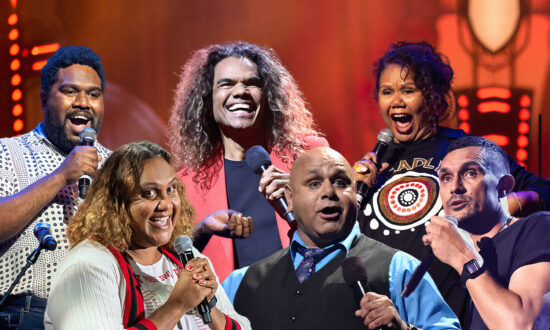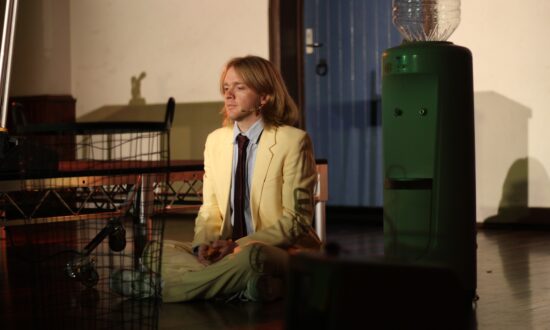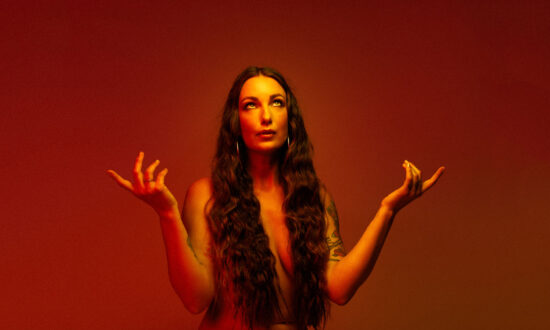Creating autobiographical art of any kind, but particularly performance, is uniquely challenging. This is even more so the case for artists creating in the wake or midst of trauma.
There’s a flattening out that comes with personal experience that makes it difficult to know what details are the most important for an audience and for the narrative.
Colin Ebsworth – an established Western Australian stand-up comedian – acknowledges this in the preamble to his memoir show Me, My Cult and I. There was so much to sift through in the story of his family and his cult, he says, that he had to cut certain staggering details, including that his dad joined another cult prior to committing to the Unification Church, a cult founded by Sun Myung Moon.
While Ebsworth’s background is as a comic, this show is billed as theatre rather than stand-up. In telling his story, he is looking for laughs, but also wants to share insights on the power cults wield; the ways any person could be vulnerable to these organisations designed to appeal to fundamental and often under-served human desires.
Throughout the show, Ebsworth’s comedic background is a ballast. He slips easily into an on-stage persona, switches his energy seamlessly, and reacts to the room with comfortable and sharp banter.
But sometimes the comedy tropes he draws upon also get in his way. His delivery is classic comedy, with a pacey patter that only lets up when a punchline falls. But in this show, where punchlines are often replaced with emotive reflection, the pattern doesn’t always fit. Moments that need to be lingered on to help the audience absorb an idea or an experience slide past, and the conclusions land lighter because of that.
This is also the case for the structure of the show, which feels segmented like a comedy act might be, rather than woven into a cohesive arc. There are large gaps – autobiographical details that are easy for a performer to believe aren’t important, but which are vital to the story’s power. These include exposition – some basic information on how the cult affected the structure of the family and their daily lives is missing. And there’s character voids, too. It’s unclear, throughout parts of the show, how Ebsworth actually felt. The memories are told, not shown, so we get a blurred outline of what happened, rather than a sense of what it was like to live through those moments.

Get InReview in your inbox – free each Saturday. Local arts and culture – covered.
Thanks for signing up to the InReview newsletter.
Despite all this, there’s something in the genuineness of Ebsworth’s desire to share that brings the show and its message home. The work could use the guiding hand of a director or dramaturg to help it reach its full potential, but Me, My Cult and I is ultimately humane and intimate. And roughly hewn, imperfect storytelling that still creates connection is one of the proudest traditions of any Fringe festival.
Me, My Cult and I is playing at The Bally in Gluttony until March 12.
Read more 2023 Adelaide Fringe stories and reviews on InReview here.
Support local arts journalism
Your support will help us continue the important work of InReview in publishing free professional journalism that celebrates, interrogates and amplifies arts and culture in South Australia.
Donate Here




